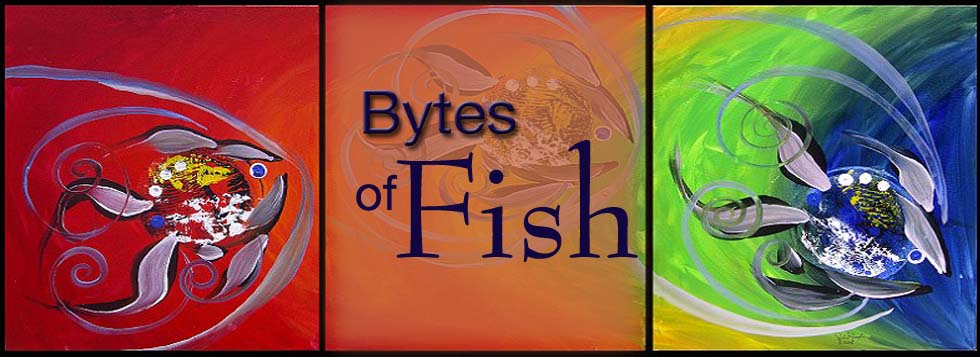Photo:
Daniel Kahneman
How did the readings influence your perception of your own clinical decision-making?
After reading the two assigned articles, I realized that I am not an anomaly. I use heuristics just like many, many other health care professionals. The video by Daniel Kahneman was interesting and highlights the important role of iteration. Decision-making requires practice, just as any other skill such as playing basketball or the piano. Kahneman suggests that 10,000 hours of practice is required to reach expert stage. I feel like advanced practice nurses are at a greater disadvantage than physicians. We do not have access to as much practice in decision-making than they do. In our program, we had 720 hours of clinical practice. I don't know of the specific hour requirement in medical school and residency, but it is much, much, much more. It probably doesn't reach 10,000 hours however.
So, what do we do in the meantime until we get 10,000 hours of practice and become experts in clinical decision-making? After reading these articles, as well as the book "
How Doctors Think" I realize that the ability to make decisions is complex and that there is no one method that ensures the correct decision each and every time.
How do we reconcile the value of nursing experience with known heuristics and biases used in human decision-making?
There is no substitute for experience. There is no substitute for discovery by doing. There is no substitute for intuition. Each has value. Experience especially is invaluable and should not be discounted or displaced through clinical standards and/or algorithms. Clinical algorithms are useful for average, standard diagnoses and treatment. But when the provider must think "outside the box" such as when symptoms are vague, tests unclear, diseases are rare or multiple problems exist, we need the ability to move beyond the constraining decision-tree and become independent thinkers, supported by a woven tapestry of intuition, experiential learning and evidence-based data. Research has shown that sole reliance on heuristics and experiential conclusions predispose us to traps and errors of thinking. So I reconcile it by accepting the valuable use of bias and heuristics while also realizing its implicit limitaions.
Medical decision-making is taught to aspiring physicians and nurse practitioners. However, healthcare providers are not the only professionals interested in the process of clinical judgment and recommendations. The process whereby decisions are reached are a source of great interest to teachers and psychologists. Additionally, information technology professionals are equally vested in the topic. Interest is so high, in fact, that a medical society was developed to promote methodological evidence as well as proactive systematic approaches to decision making (SMDM, 2007). It has been documented over and over that heuristics, an oft-used method for arriving at a mental destination has value, but it can lead to systematic errors (Tversky & Kahneman, 1974). Therefore, methods for reducing errors are continually being sought, developed and refined. One such way is through the use of computer-aided programs that guide providers in a systematic, thorough and evidence-based tree for guiding diagnostic decisions.
Society for Medical Decision Making. (2007).
Welcome to SMDM. Retrieved on 20 October 2009 from http://www.smdm.org
Tversky, A., and Kahneman, D. (1974). Judgment under uncertainty: heuristics and biases,
Science, 185(4157), 1124-1131.
Read more...



